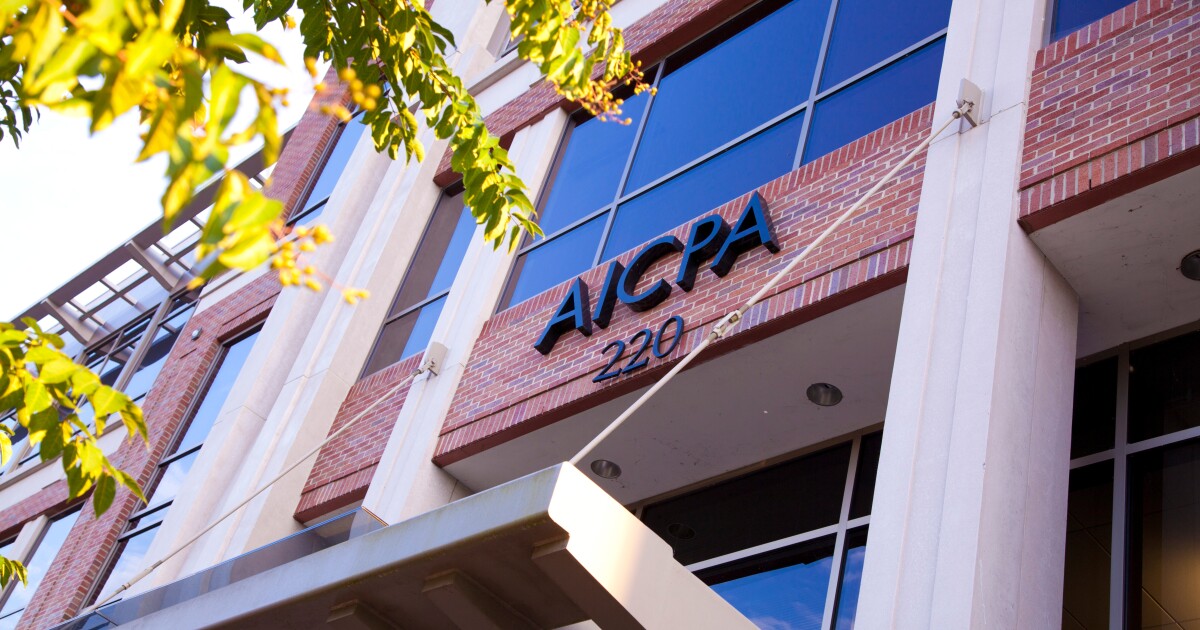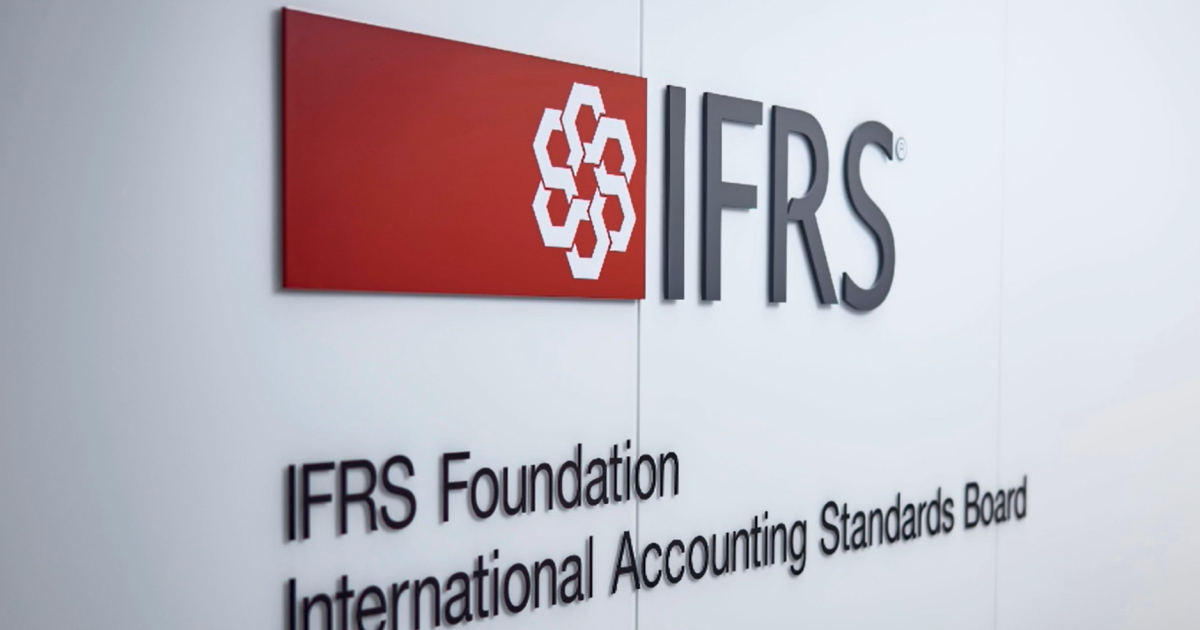Voter discontent with President Donald Trump’s economic stewardship is sinking his popularity as he approaches the symbolic 100-day mark of his second term, ratcheting up pressure on congressional Republicans to pass his tax plan.
A flurry of polls in recent days from NBC, CNN, New York Times/Siena, ABC News and Fox News, among others, each reveal the same theme: Voters perceive Trump to be falling short on his core campaign promise to strengthen the economy. The president’s helter-skelter rollout of tariffs in early April sent global markets into shock.
A CNN poll released Sunday showed that just 39% of Americans approve of how Trump has steered the economy, the lowest of his two terms in the White House. An NBC News poll showed tariffs were also deeply unpopular, with just 39% of respondents agreeing with Trump’s tariffs rollout.
Early Monday, the president slammed the press for highlighting those numbers.
“We don’t have a Free and Fair “Press” in this Country anymore. We have a Press that writes BAD STORIES, and CHEATS, BIG, ON POLLS. IT IS COMPROMISED AND CORRUPT. SAD!,” he posted to his Truth Social account.
Trump rode the twin issues of the economy and immigration to his November election victory, sweeping each of the swing states and winning the popular vote.
He cast his elixir for improving the economy as two-pronged, one being the tariffs that he wagers will spur a U.S. manufacturing renaissance and the other being the extension of his 2017 tax plan, but with added incentives, like no taxes on tipped wages or overtime and the ability for car buyers to deduct interest on the loans.
Republicans aim to pass the tax package through a process that wouldn’t require any Democratic votes, meaning that Trump along with House and Senate leadership has to keep the GOP members in lockstep in the face of voter angst. Crucially, posturing for the 2026 midterm elections will soon take hold.
“In terms of immediate electoral impact, no, Trump’s softening at the margins doesn’t threaten his leadership or standing within the party,” said Chris Wilson, a longtime Republican strategist. “Where it matters is in setting the broader tone for the GOP’s legislative and midterm posture.”
The U.S. economy is set to expand 1.4% in 2025 and 1.5% in 2026, according to the latest Bloomberg survey of economists, compared with 2% and 1.9% in last month’s survey. The median respondent now sees a 45% chance of a downturn in the next 12 months, up from 30% in March.
The party in power typically loses congressional seats during midterm elections and a recession would all but guarantee Republican losses in 2026 that could transfer control back to Democrats as Trump serves out the second half of his term, according to Republican strategists.
That could also help keep Republicans united to pass the tax bill even as some factions disagree over spending and cost. Trump’s eroding poll numbers, though, could make it challenging for him to get everything that he wants in what he’s dubbed the “big beautiful bill.” Congress returns from recess on Monday.
Trump has sought to calm markets after the initial shock of his tariffs by pausing them for 90 days while he says he is trying to reach individual deals with affected countries. He and top aides point to the prospect of reaching trade accords with other nations as a way to further ease market tensions and reassure voters.
The president lashed out in an April 24 Truth Social post after Fox News’ polls showed him with a 38% approval rate on the economy and 33% on inflation.
“Rupert Murdoch has told me for years that he is going to get rid of his Fox News, Trump Hating, Fake Pollster, but he has never done so. This ‘pollster’ has gotten me, and MAGA, wrong for years,” Trump wrote.
Trump’s strongest polling issue is on immigration in most polls.
Upcoming public appearances should help Trump reconnect with voters, gain energy from his base and sell his economic plan, according to people in Trump’s orbit. Trump is set to hold a rally in Michigan on Tuesday to mark the 100-day milestone and he’s scheduled to deliver the commencement address at the University of Alabama on May 1.


 Blog Post1 week ago
Blog Post1 week ago
 Economics1 week ago
Economics1 week ago
 Economics1 week ago
Economics1 week ago
 Economics1 week ago
Economics1 week ago
 Economics1 week ago
Economics1 week ago
 Personal Finance6 days ago
Personal Finance6 days ago
 Personal Finance1 week ago
Personal Finance1 week ago
 Economics5 days ago
Economics5 days ago












